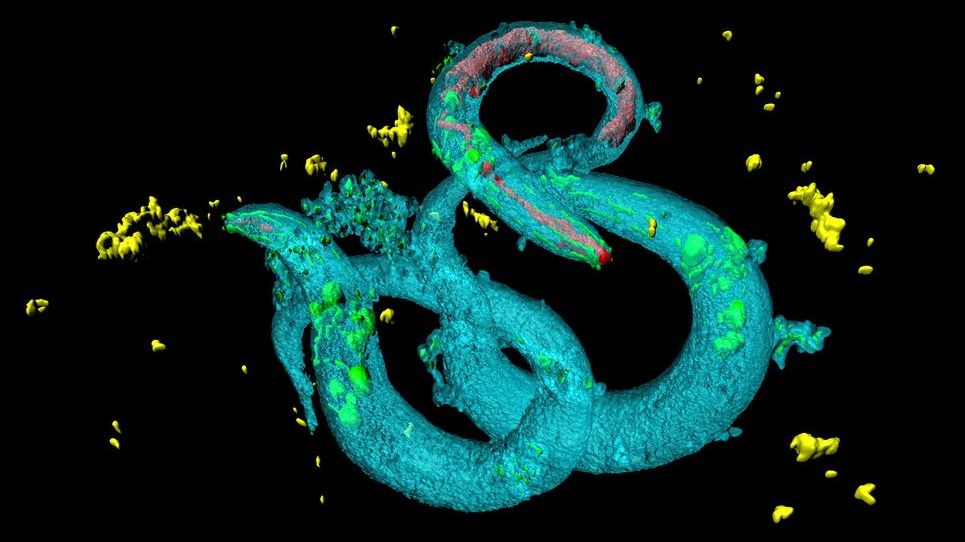Oct 25, 2018
Regenerage — Spinal Cord Regeneration — Venga la Alegria — TV Azteca — Bioquark Inc.
Posted by Ira S. Pastor in categories: bioengineering, biotech/medical, chemistry, disruptive technology, DNA, futurism, genetics, health, nanotechnology, neuroscience
Wonderful to see the continuing progress of Mr. Omar Flores, with the support of his lovely wife, actress Mayra Sierra, today on the Venga la Alegria (VLA) show on TV Azteca (http://www.aztecauno.com/vengalaalegria) — The importance of an integrated approach to curing spinal cord injury including family, physical therapists, and the medical team at Regenerage (https://regenerage.clinic/)
 Wonderful to see the continuing progress of Mr. Omar Flores, with the support of his lovely wife, actress Mayra Sierra, today on the Venga la Alegria (VLA) show on TV Azteca (
Wonderful to see the continuing progress of Mr. Omar Flores, with the support of his lovely wife, actress Mayra Sierra, today on the Venga la Alegria (VLA) show on TV Azteca (















